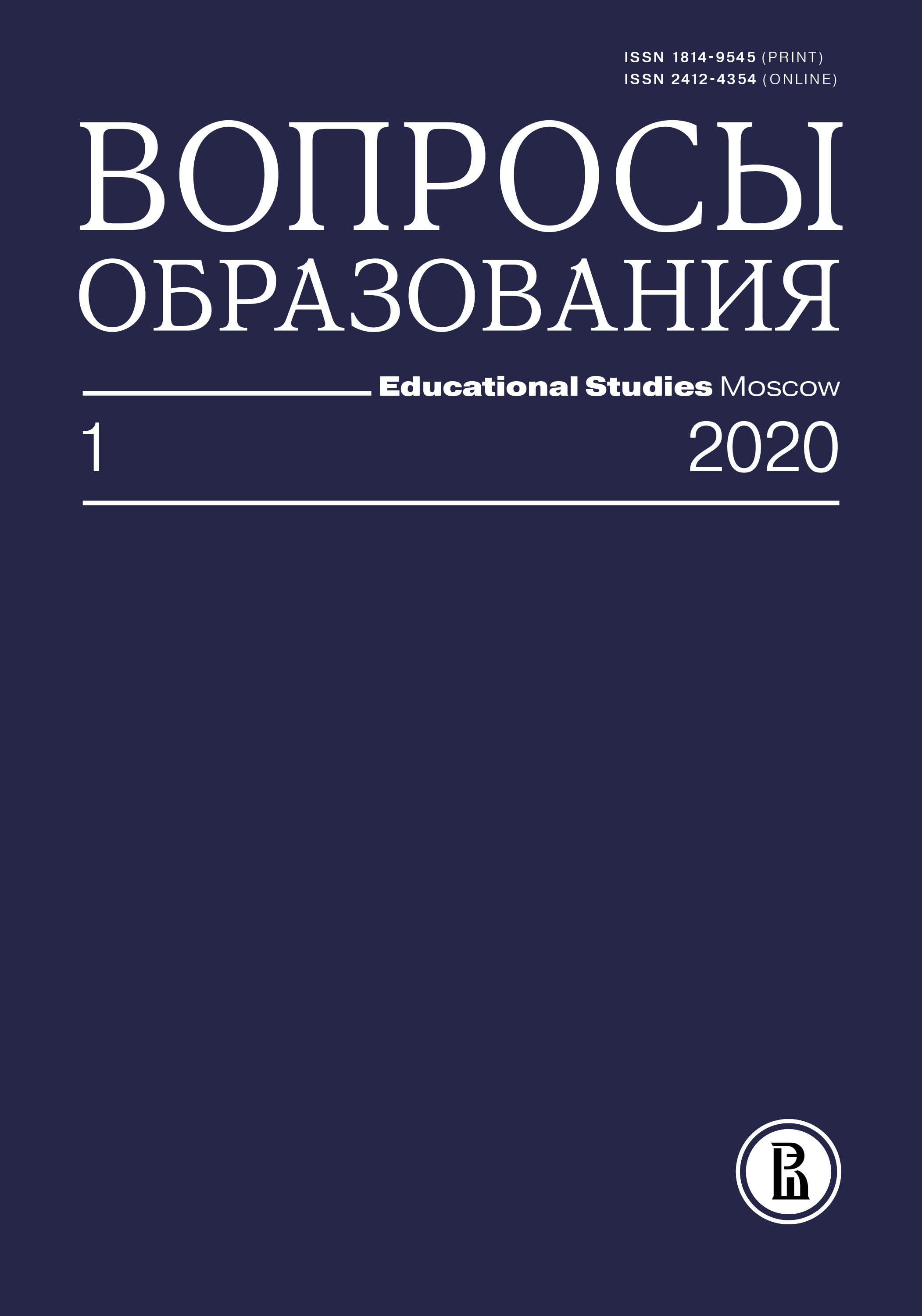Особенности «российского Хирша»: предикторы цитируемости научных статей в РИНЦ
Аннотация
Статья посвящена исследованию предикторов цитируемости российских научных публикаций по психологии в Российском индексе научного цитирования (РИНЦ). Рассмотрены четыре группы показателей: формальные атрибуты статьи (12 параметров), параметры видимости статьи на интернет-порталах eLibrary (3 параметра) и PsyJournals (2 параметра), определяющие доступность текста статьи для потенциального читателя, и атрибуты авторского способа научного цитирования (3 параметра). Особое внимание уделено атрибутам цитирования как качественным характеристикам способа работы автора над научным текстом и выстраивания диалога с другими исследователями. Методами многомерной статистики — факторного и кластерного анализа — статистически подтверждена связь ряда изучаемых параметров с цитируемостьюв РИНЦ. Для каждой из четырех групп методом множественного регрессионного анализа выявлены показатели, наиболее существенные для прогнозирования цитируемости, и проведен сравнительный анализ их предиктивной способности. Показано, что самыми информативными для прогнозирования цитируемости являются параметры видимости (доступности для читателя) статьи, менее важными — атрибуты статьи, а самыми слабыми — атрибуты типа научного цитирования. Метод логистической регрессии позволил найти параметры-предикторы и определить точность предсказания принадлежности статей к группам высоко- и низко-цитируемых: для параметров видимости на PsyJournals и eLibrary она составляет 77,3 и 72,9%, а для атрибутов статьи и атрибутов цитирования — 69,9 и 60,9% соответственно. Если в статье мало диалогических (интертекстуальных) цитирований, она с высокой вероятностью будет низкоцитируемой в РИНЦ, но большое их количество не гарантирует высокой цитируемости. Даны рекомендации авторам по повышению цитируемости их статей. Выборка составила 662 статьи из шести российских научных психологических журналов, индексируемых одновременно в РИНЦ и в базах Web of Science и Scopus.








